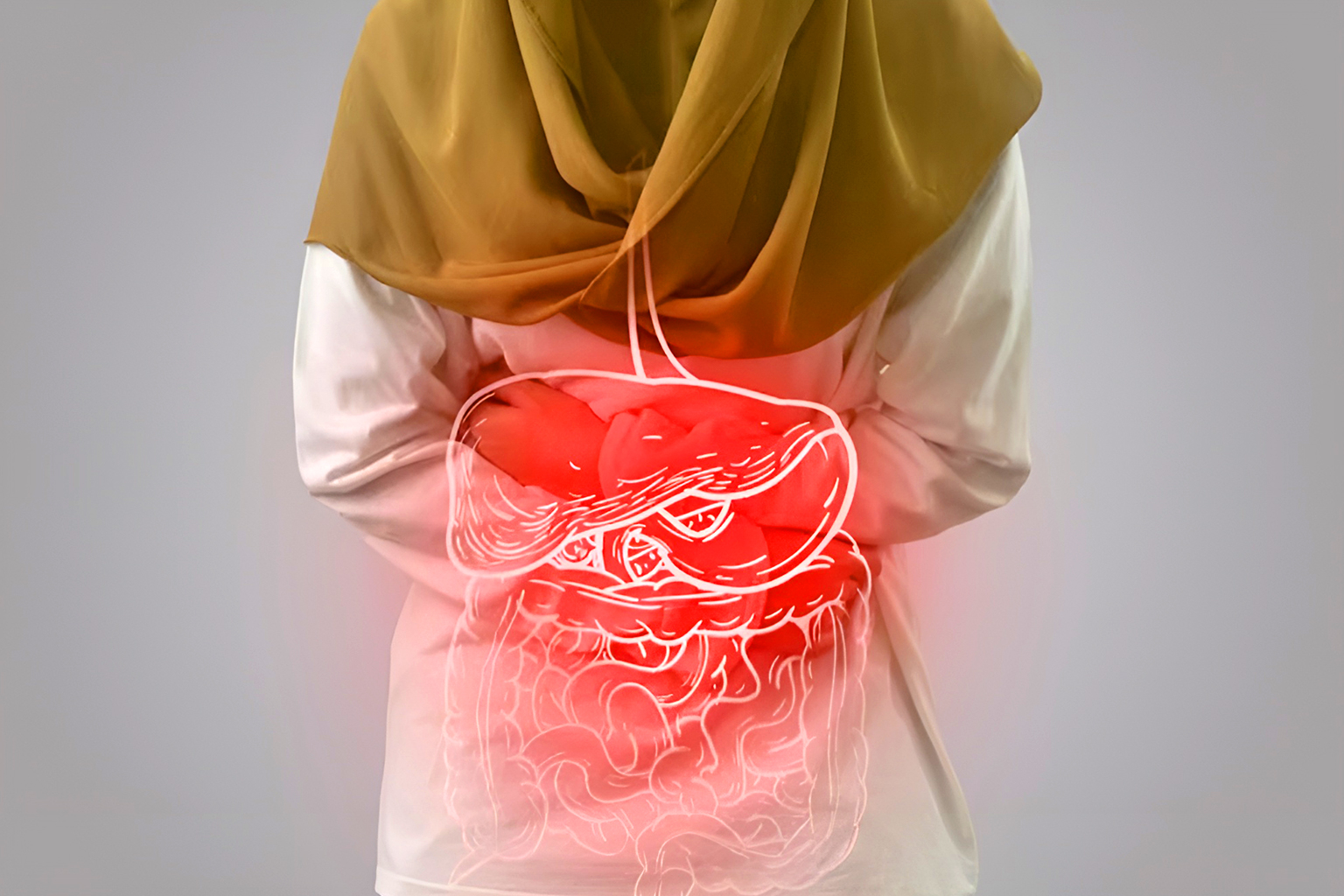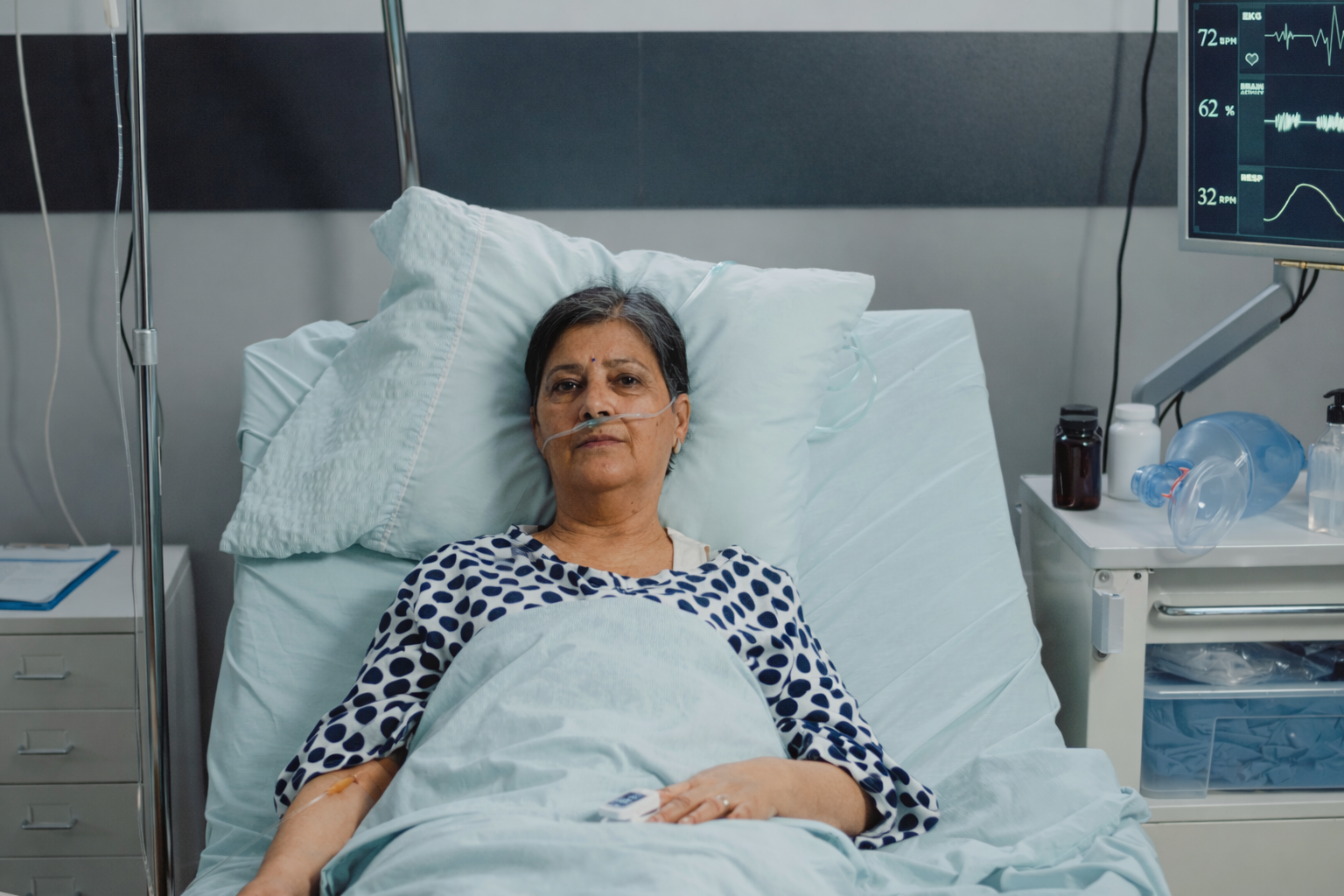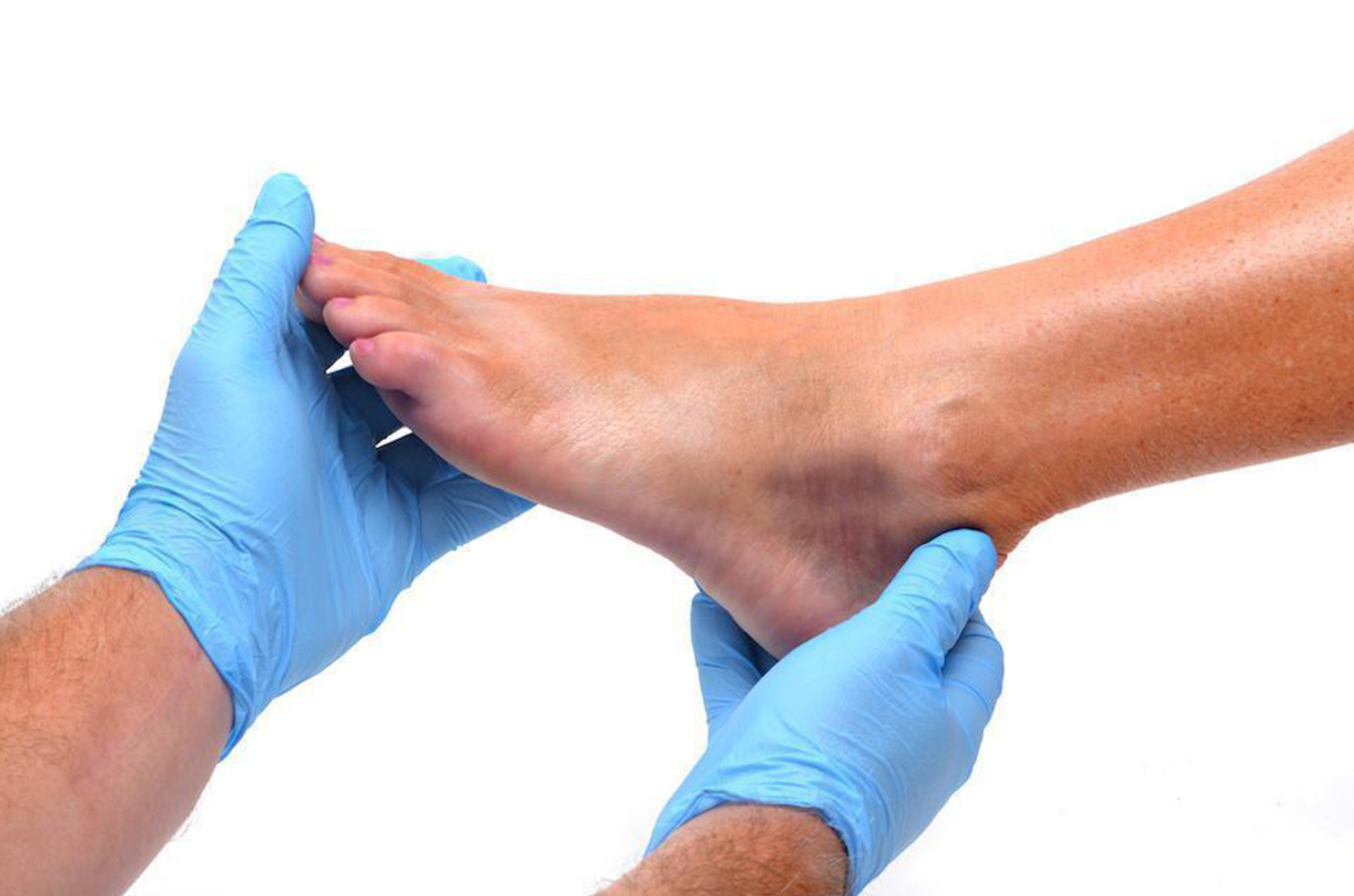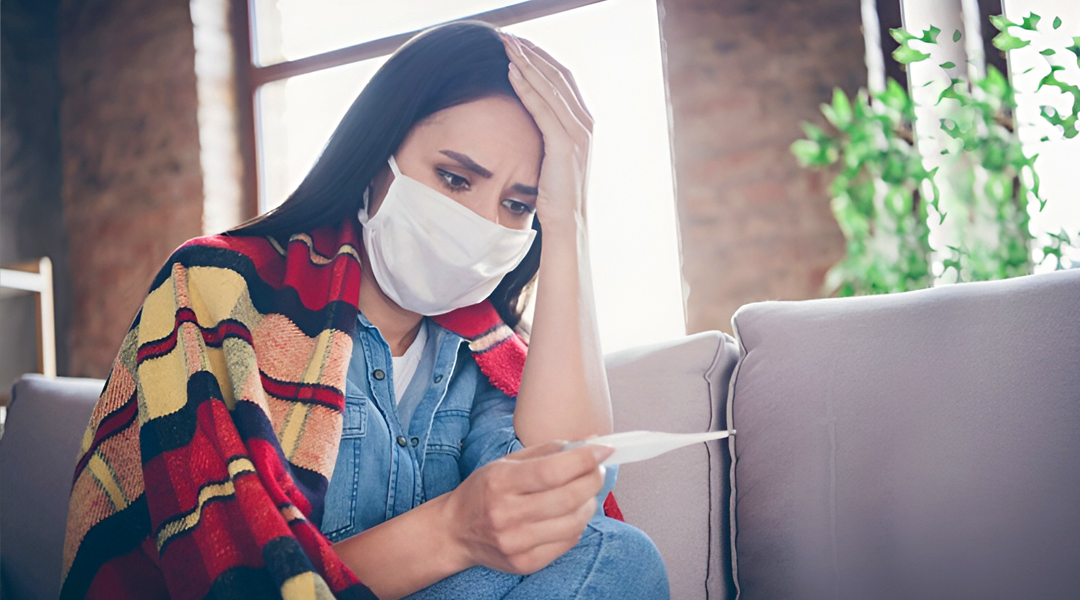Viral Fever Symptoms
Viral fever is one of the most common health conditions that affects people across all age groups, especially during seasonal changes, monsoons, and outbreaks of flu. While most viral fevers are mild and self-limiting, some can become severe and require urgent medical care. Identifying the symptoms early and seeking the right treatment can make a huge difference in recovery.
In this blog, we will cover everything you need to know about viral fever, its causes, symptoms, diagnosis, treatment options, and prevention. If you are looking for reliable medical advice or hospital care in Chennai, this guide will help you make informed decisions.
What is Viral Fever?
Viral fever refers to any fever caused by a viral infection. Unlike bacterial fevers, viral fevers are triggered by different types of viruses that enter the body through air, water, food, or mosquito bites.
Symptoms of Viral Fever
- Sudden onset of fever
- Body ache and fatigue
- Sore throat, cough, or cold
- Mild to severe headache
- Usually lasts 3–7 days
Causes of Viral Fever
Viruses can spread in multiple ways, making viral fever highly contagious.
Common Causes
- Airborne transmission – Through sneezing or coughing
- Contaminated food or water – Viral gastroenteritis
- Mosquito bites – Dengue, Chikungunya, Zika virus
- Direct contact – Touching infected surfaces
- Weakened immunity – Making the body prone to infection
Viral Fever Symptoms: How to Identify Them
Recognizing viral fever symptoms at an early stage helps in proper treatment.
General Symptoms
- High temperature (100–104°F)
- Chills and shivering
- Body ache and joint pain
- Weakness and tiredness
- Loss of appetite
Respiratory Symptoms
- Runny nose
- Sore throat
- Dry cough
- Sneezing
Digestive Symptoms
- Nausea
- Vomiting
- Diarrhea
- Stomach cramps
Severe Symptoms – Seek a Doctor Immediately
- Persistent high fever above 104°F
- Severe headache or stiff neck
- Rash on the skin (common in dengue, measles)
- Difficulty in breathing
- Confusion or seizures
Difference Between Viral Fever and Bacterial Fever
Many people confuse viral fever with bacterial fever. While both cause high temperature, their origins and treatments differ. Recognizing the difference ensures proper care and avoids unnecessary use of antibiotics.
Feature | Viral Fever | Bacterial Fever |
Onset | Gradual | Sudden & intense |
Duration | 3–7 days | Can persist longer without antibiotics |
Treatment | Rest, fluids, antiviral meds | Requires antibiotics |
Diagnosis of Viral Fever
Doctors usually diagnose viral fever based on symptoms, medical history, and physical examination.
Diagnostic Methods
- Blood tests (to rule out dengue, malaria, typhoid)
- Swab tests (for influenza, COVID-19, etc.)
- Complete blood count (CBC)
- Rapid antigen tests
Viral Fever Treatment Options
Treatment depends on the severity and underlying cause.
Home Remedies for Mild Viral Fever
- Drink plenty of fluids (water, soups, herbal teas)
- Take adequate rest
- Use lukewarm sponge baths to reduce temperature
- Eat light, nutritious meals
- Avoid oily and spicy foods
Medical Treatment
- Paracetamol – To reduce fever and headache
- Antiviral medications – For influenza or specific viral infections
- Pain relievers – For body aches
- Hospitalization – In case of severe dehydration, breathing difficulty, or dengue/viral complications
When to Visit a Hospital for Viral Fever
Seek immediate medical attention if you experience:
- High fever not responding to medicines
- Severe dehydration
- Chest pain or difficulty breathing
- Skin rashes with fever
- Flu symptoms in infants or elderly patients
Prevention of Viral Fever
Preventing viral fever is easier than treating it. Good hygiene, timely vaccination, and strong immunity through a healthy lifestyle can lower the risk.
Prevention Tips
- Wash your hands regularly with soap
- Avoid close contact with infected persons
- Drink clean, filtered water
- Get flu and other relevant vaccines
- Use mosquito nets and repellents
- Strengthen immunity with a healthy diet and exercise
Viral Fever in Children
Children are more vulnerable to viral infections due to weaker immunity. They are often exposed to germs in schools and play areas, making them easy targets for seasonal illnesses. Early medical attention is crucial to prevent complications and ensure a quick recovery.
Symptoms in Children
- Sudden irritability and crying
- Refusal to eat
- Persistent cough or cold
- High fever with chills
Care Tips for Children
- Keep them hydrated
- Dress them in light cotton clothes
- Avoid school until recovery
- Consult a pediatrician if the fever lasts beyond 3 days
Viral Fever in Adults & the elderly
While young adults often recover quickly, elderly patients with weak immunity or chronic diseases (diabetes, heart issues) need special care. Hospitalization may be required in severe cases.
Why Choose Tulips Multispeciality Hospital in Chennai?
When it comes to treating viral fever and seasonal illnesses, timely care and expert medical attention are crucial. At Tulips Multispeciality Hospital, Sholinganallur, OMR, Chennai, we provide:
- Experienced Specialists – Expert doctors in general medicine, pediatrics, and emergency care.
- 24/7 Emergency Support – Immediate attention for high fever, severe dehydration, or breathing difficulties.
- Advanced Diagnostic Facilities – On-site blood tests, swab tests, and rapid antigen testing.
- Comprehensive Care – From mild viral fever management to hospitalization for critical cases.
- Family-Centered Care – Treatment for children, adults, and elderly patients with personalized care plans.
Choosing the right hospital makes recovery faster and safer. Tulips Multispeciality Hospital is committed to providing affordable, accessible, and expert care for viral fever and other seasonal diseases in Chennai.
Conclusion
Viral fever is common, but it can become serious if left untreated. By identifying the symptoms early, taking proper care, and visiting a trusted hospital when necessary, recovery can be smooth and safe.
At Tulips Multispeciality Hospital, Sholinganallur, OMR Chennai, expert doctors provide 24/7 care for viral fever and seasonal illnesses, ensuring safe and effective treatment for both children and adults.
FAQs
1. How long does viral fever last?
Usually 3–7 days, depending on the type of virus and the patient’s overall health.
2. What is the fastest way to recover from viral fever?
Rest, hydration, and proper medical advice. Avoid self-medication.
3. Is viral fever contagious?
Yes, most viral fevers spread through air, contact, or contaminated food/water.


















